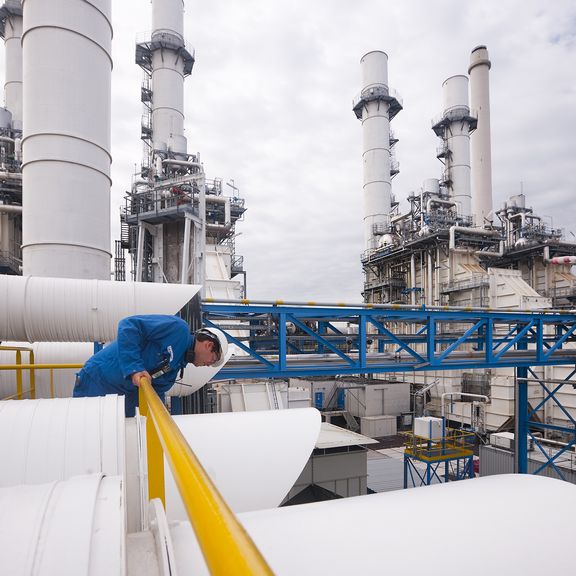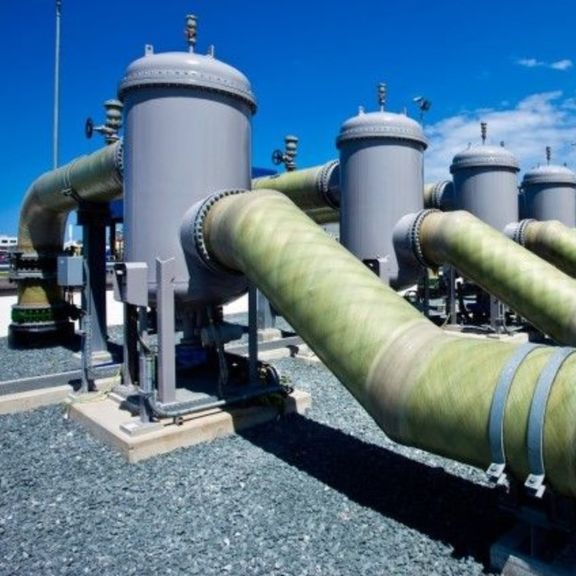
A new heating system
The Netherlands is on the way to a new energy economy - and everyone will be affected by this. At home, for example, when it comes to heating and how we cook in the future.
We are working on a new energy system to combat global warming. Emissions of CO2 and other greenhouse gases lead to global warming, which has far-reaching consequences for people and nature: more extreme weather, rising sea levels, but also a change in biodiversity. The transition to a climate-neutral energy system should prevent this.
Large energy consumption
Compared to other European countries, the Netherlands consumes a lot of energy. This is mainly due to the extensive presence of industry, for example, the presence of a major refining and chemical cluster in the Rotterdam port complex. Our country runs to a large extent on natural gas; this is understandable because our underground contains many gas fields.

This is about to change. The cabinet wants to say goodbye to natural gas in the built environment and horticulture. The Netherlands wants to have a CO2-neutral energy supply by 2050, and a 50% reduction compared to 1990 by 2030.
Contribution to climate goals
Looking at our daily national energy consumption, there are three main blocks: the largest share is in the built environment (houses and offices, 33%), then industry (28%) and traffic and transport (23%). About half of this final consumption is for heat generation. Changing this can make a significant contribution to achieving the climate goals.
For the built environment, more and more alternatives to natural gas are becoming available: all-electric solutions (with, for example, heat pumps), use of green gas and also heat networks.
So, unlike in the last century when in the sixties the Netherlands switched en masse from coal to natural gas, different options are now becoming available for our future heating. The final choice depends on things like the location of a neighbourhood or house, what kind of resources there are in the vicinity, but also the age of a house and the quality of the insulation. Municipalities will have an important role in the choice of future heating. They are in charge of deciding what will be the most effective and efficient solution per district.
Regional management
Gasunie is working on the WarmtelinQ project for a grid in the South Holland region, supported by the Port of Rotterdam Authority for the supply line through the port. Zuid-Holland is a relatively densely populated province. Residual heat that is no longer useful in industry can serve as an energy source for heating the built environment and in greenhouses. This can avoid heating by natural gas-fired central heating or central locations as in The Hague.
Unused heat from the current process industry, waste incineration and chemistry will be used. In time, these industrial processes will become more sustainable through, for example, electrification, energy savings and the use of hydrogen. The energy source of the residual heat is therefore also sustainable. The production of CO2-free hydrogen will become a new important source of heat, fuelling the network largely from renewable sources.